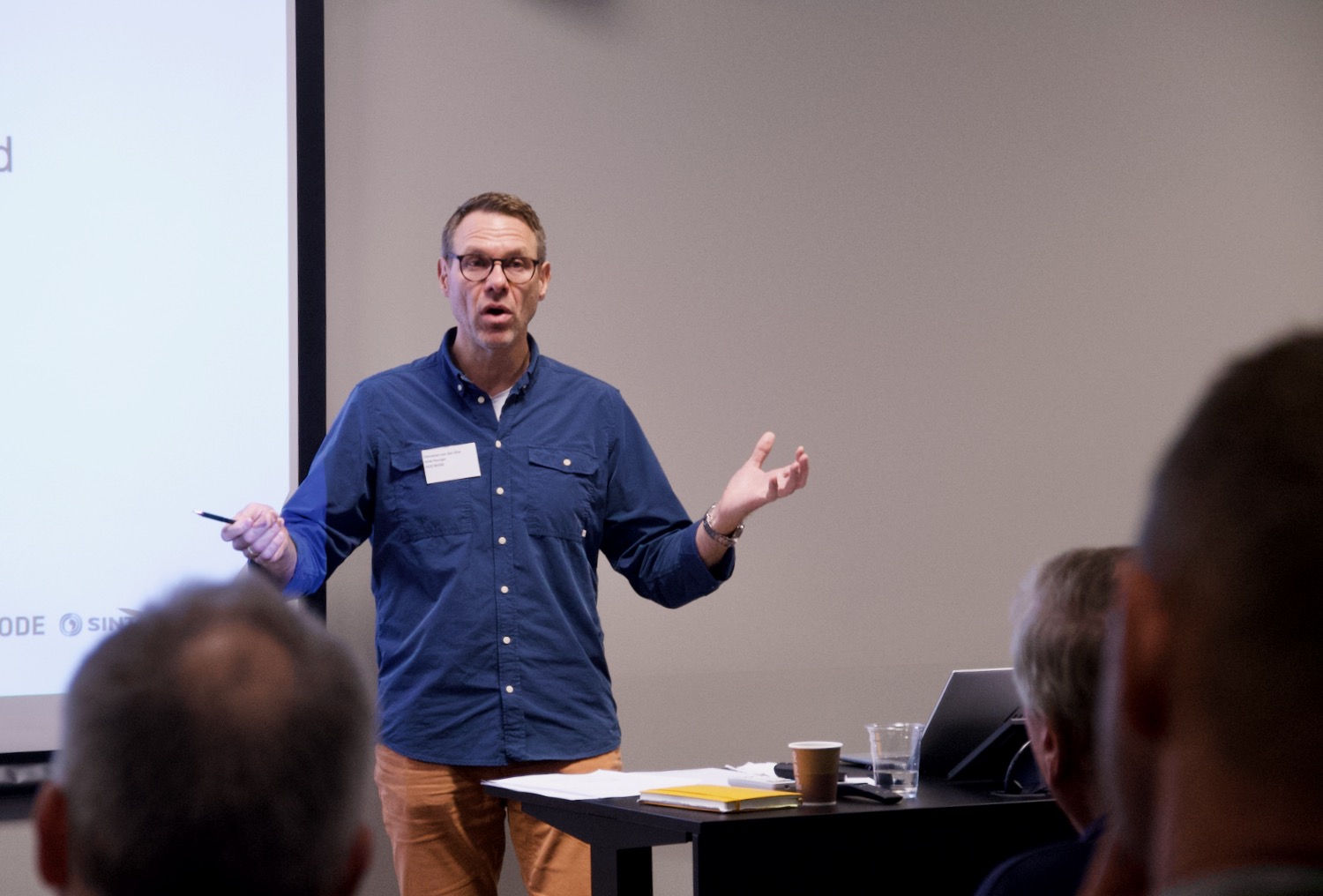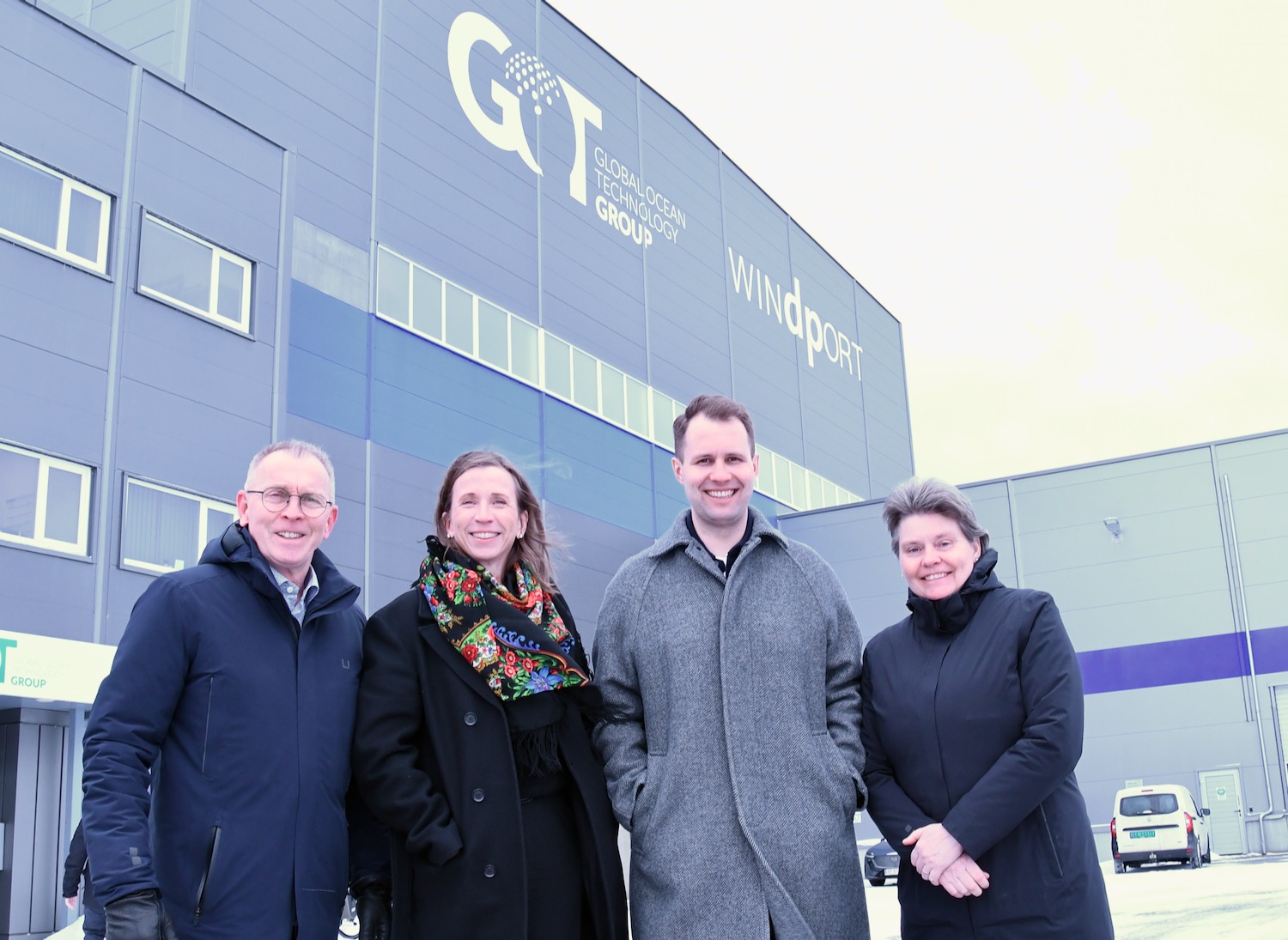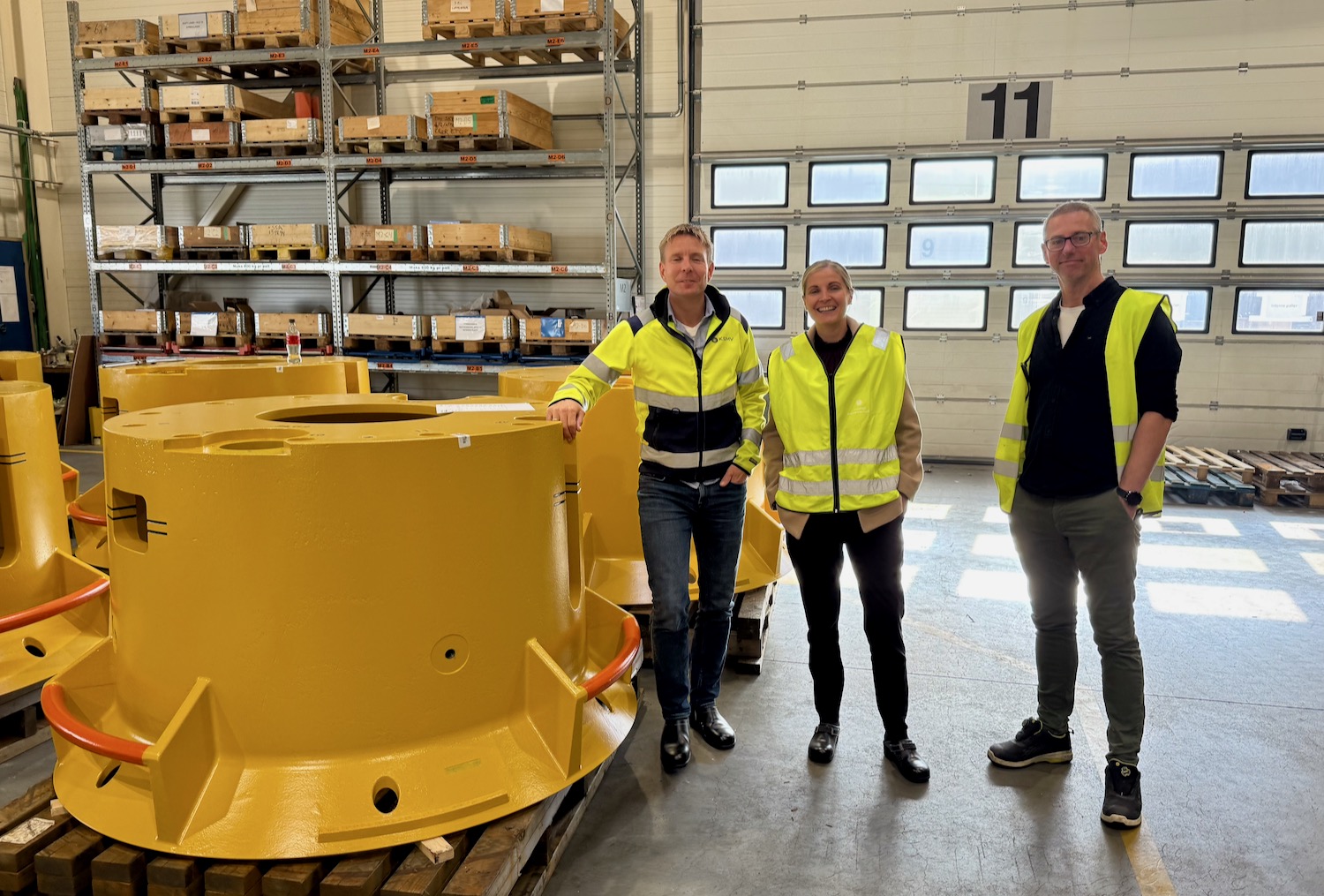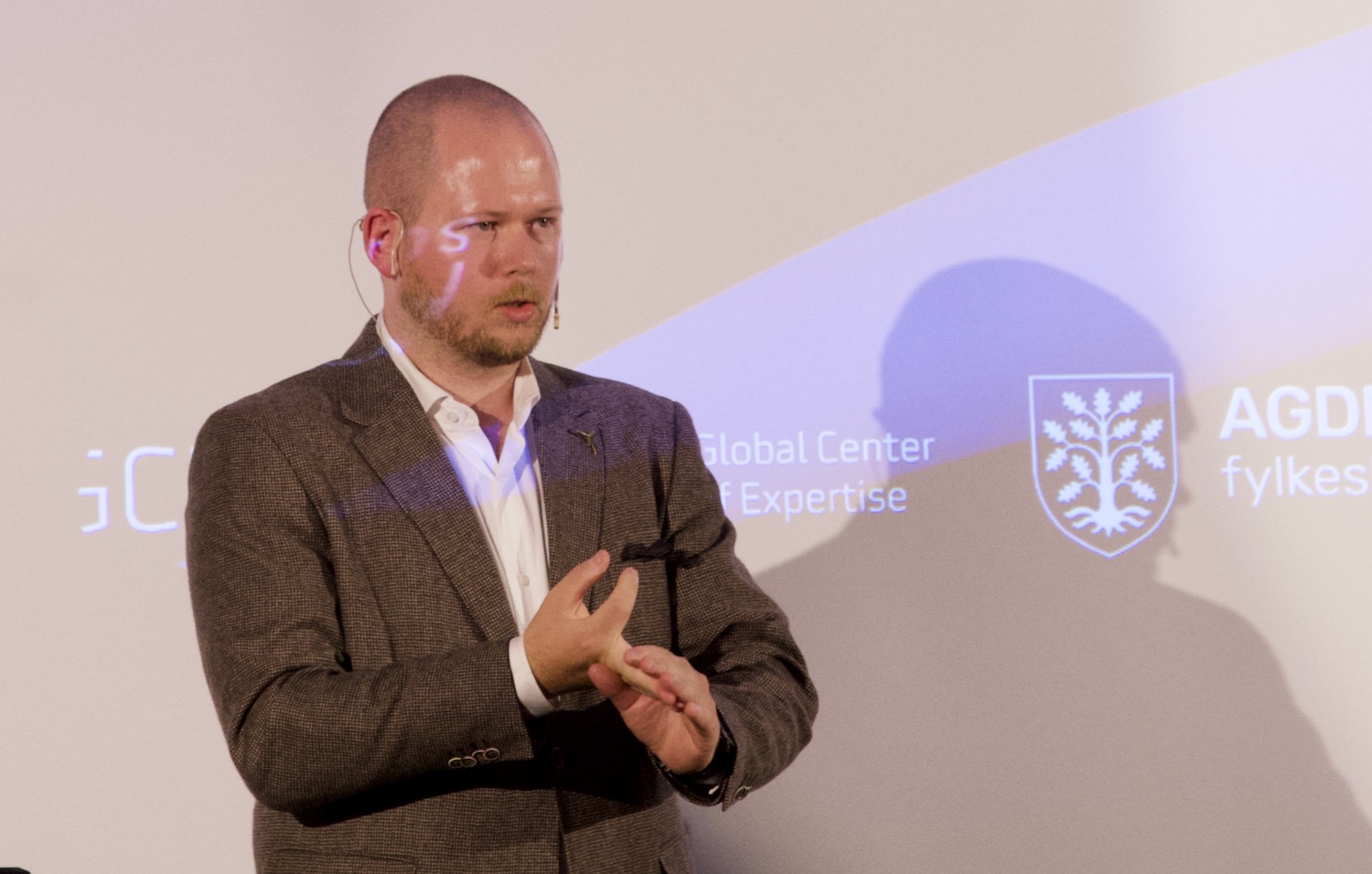SFI Offshore Mechatronics was an 8-year research program, in which GCE NODE, the university and several companies in Agder participated.
“The impact of research and development effort is tremendous. SFI Offshore Mechatronics produced scientific results that improved the competitiveness of the companies that took part. The center also produced 10 PhDs, increasing the width and depth of competence in and around our industry. New SFIs would add to this,” says von der Ohe.
GCE NODE is actively supporting several SFI research center initiatives, and two in particular; SFI LEO (Life Extensions of Offshore Assets) and SFI EAL (Environmentally Acceptable Lubricants). Both are currently recruiting more partners to their respective consortiums to answer the SFI call from The Research Council of Norway.
The University of Agder is the lead research institution for SFI LEO, while The Norwegian University of Science and Technology (NTNU) and SINTEF are leading the SFI EAL.
“Both SFI-prospects are highly relevant for the Agder supplier industry. We are pleased to see that our larger cluster companies, and some of the smaller companies, have expressed interest in joining these initiatives,” says von der Ohe.
SFI LEO will gain from the results from SFI Offshore Mechatronics and address some key issues for the offshore industries, such as asset lifecycle economy, asset integrity management, operation equipment efficiency, and remaining useful life optimization. The output from SFI LEO will lead to more efficient asset management of large and complex offshore units, which again will lead to increased system uptime and less maintenance cost. This will be relevant for offshore wind, oil and gas, aquaculture, and other offshore and maritime industries. Findings will likely also affect some onshore industries.
SFI EAL will seek to find environmentally acceptable lubricants, which will reduce the problem of large toxic fluid spills to sea and land. The SFI will also develop recycling methods and most importantly, lubricants with less friction.
“A focus on critical hydraulic and lubrication applications is highly relevant for the world-leading industry in our region as less friction translates to lower energy consumption and lower CO2 emissions. We urge the industry to get involved in this great opportunity,” says von der Ohe.
Depending on the outcome of the pre-qualification process, the SFIs could be invited to submit a final application by May 2025. Start of the Centers for Research-based Innovation is scheduled for late 2025 or early 2026.



